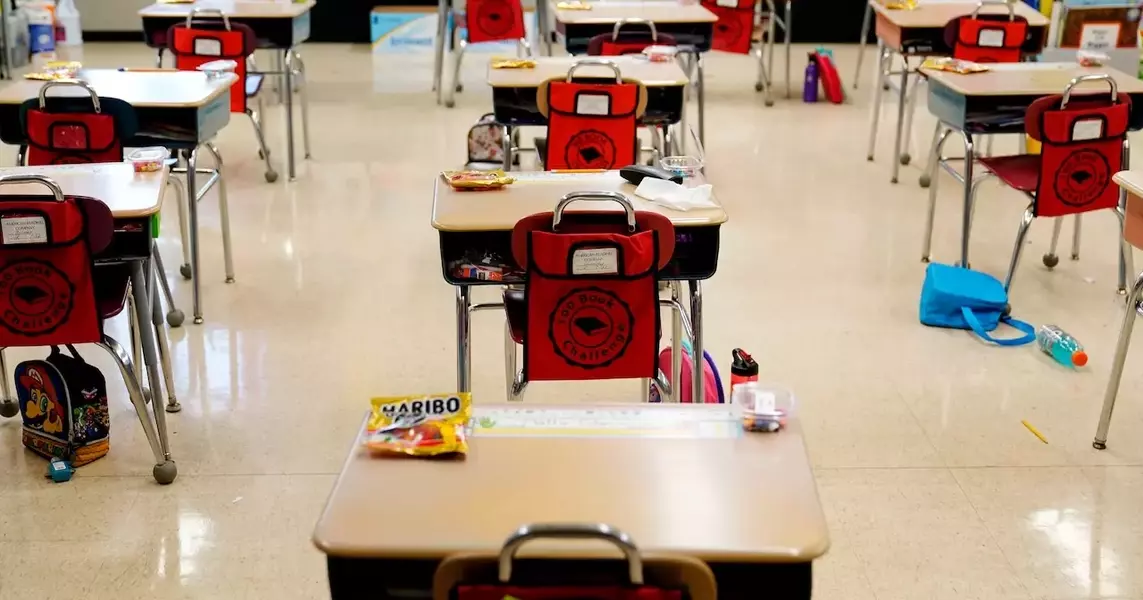More outrageous salaries: Will the backlash to bad charters hurt kids?

Exposing the Troubling Realities of Charter School Salaries: A Call for Accountability and Reform
The article delves into the alarming issue of exorbitant salaries being paid to administrators at charter schools, funded by taxpayer money. It highlights two specific cases, one involving a married couple running a small charter school in Newark, and the other involving the CEO of a charter network operating across multiple cities. The article calls for legislative action to address these abuses, while also acknowledging the need to balance reform efforts with preserving the success of high-performing charter schools that serve underprivileged communities.Uncovering the Greed and Opportunism Plaguing the Charter School System
Married Couple's Astronomical Salaries at Newark Charter School
The article shines a spotlight on a married couple, Teresa and Joe Segarra, who run a small 570-student charter school in Newark, New Jersey. The couple is earning a combined total of nearly 0,000, all paid for by taxpayers. This revelation is particularly troubling, as it violates a state law that requires public employees to reside in New Jersey, with the Segarras apparently living in sunny Florida instead.This case is just the latest in a series of scandals involving excessive salaries at charter schools, which are supposed to be public institutions focused on providing quality education to underprivileged students. The article notes that the state legislature is already planning to address the "obscene salaries" at the College Achieve charter network, which operates 11 schools across New Jersey.
The article praises the investigative work of Matthew Stanmyre of NJ Advance Media, who has played a crucial role in exposing the greed and opportunism of individuals like the Segarras and the College Achieve CEO, Michael Piscal, who was earning around 0,000 per year until the issue was brought to light.
The Weak Governance of the New Jersey Department of Education
The article also criticizes the apparent lack of oversight and accountability within the New Jersey Department of Education, which is responsible for overseeing the state's charter schools. The article notes that under the previous administration of Governor Chris Christie, the Department of Education shut down 24 charter schools, while under the current administration of Governor Phil Murphy, the Department has only shut down three.This disparity in the number of charter school closures raises questions about the Department's commitment to addressing the issues of excessive salaries and other abuses within the charter school system. The article suggests that the "weak governance" of the Department of Education has allowed these scandals to persist, jeopardizing the success of the top-performing charter schools that serve underprivileged communities.
The Importance of Balancing Reform and Preserving Successful Charter Schools
Despite the troubling revelations, the article acknowledges the overall success of charter schools in New Jersey. It notes that, on average, charter schools not only outperform their district counterparts but also cost taxpayers less to operate. This is because charter schools receive no funding for constructing school buildings and less funding for operating costs, while also paying lower salaries to their administrators, principals, and teachers compared to district schools.The article highlights the fact that students in charter schools consistently outperform their district peers on math and reading tests, and that the majority of charter school students are from low-income and minority backgrounds. This underscores the crucial role that successful charter schools play in providing educational opportunities to underprivileged communities.
The article cautions that any reform efforts aimed at addressing the excessive salaries and other abuses within the charter school system must be carefully balanced to avoid unintended consequences, such as the superintendent salary cap implemented during the Christie administration, which ended up driving away some of the state's best superintendents.
The article concludes by emphasizing the need to "weed out the bad actors" within the charter school system, while ensuring that the reforms do not inadvertently harm the families and students who desperately rely on the success of the top-performing charter schools in their communities.